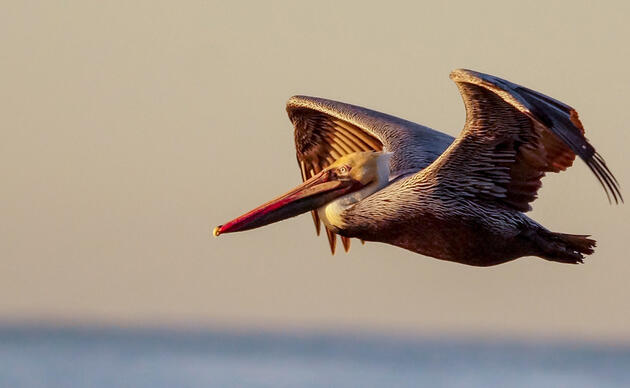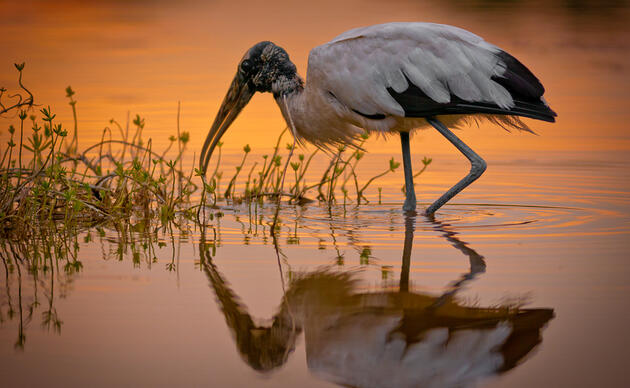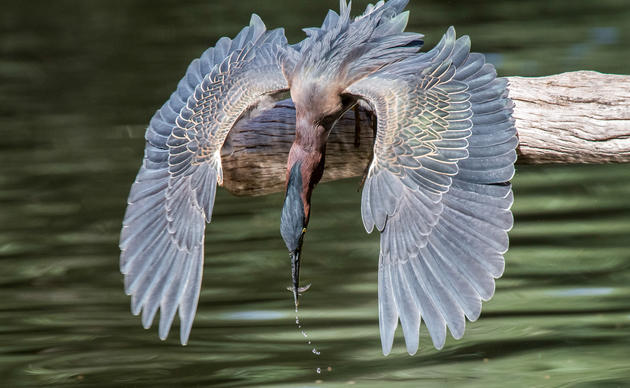The tragic story of beachgoers destroying hundreds of Least Tern eggs on Alabama’s Sand Island brings awareness to the importance of protecting seabird and shorebird nesting grounds. While there is little we can do to protect colonial nesting seabirds from myriad threats they face from forces of nature, including predators, high tides, and storm surges—there is plenty we can do to protect avian nesting grounds from being devastated by beachgoers.
It is this very reason that Audubon South Carolina launched its Shorebird Steward volunteer program three years ago. Through this program, we train volunteers to educate beachgoers on how to respectfully share the beach with nesting and resting coastal birds. Those stewards worked hard over the summer to ensure that South Carolina’s nesting coastal birds were protected this year.
Nesting season has come to a close, and we are already seeing signs of migration. Whimbrel and Dowitcher are gracing our shores, and soon our summer residents will trade seasonal shifts with winter visitors. As our volunteers begin to pack up their stations, I want to express Audubon’s gratitude to the more than 100 volunteers that completed our Shorebird Steward Training.
After putting in nearly 500 hours of training time, which includes a detailed background on shorebirds and seabirds, all the threats they face, and how to best approach beachgoers in a friendly way to educate about those birds, this powerful cadre of volunteers donated more than 440 hours to on-the-ground stewarding on Dewees Island, Lighthouse Inlet on Folly Beach, Harbor Island, and Kiawah Island, Huntington Beach State Park and Botany Bay Plantation. These efforts helped protect vital nesting habitat for American Oystercatcher and Wilson's Plover, in particular, while also benefitting Willet nests and Least Tern colonies.
Not only did Audubon’s Shorebird Stewards do a fantastic job educating beachgoers directly, but those individuals they engaged likely shared what they learned and spread the message even further, helping extend the benefits to birds beyond those that nest at the sites we protect.
In the coming weeks, keep an eye out for details about several "Pints for Plovers" events we’ll be hosting across the coast to celebrate our Shorebirds Stewards and the hard work they put in this nesting season. All are welcome!
If you find inspiration in the work of Audubon Shorebird Stewards, please contact me via email and I will make sure you’re among the first to know about next year’s training sessions. My email is nschillerstrom@audubon.org. Want to learn more about sharing the beach with coastal birds?









